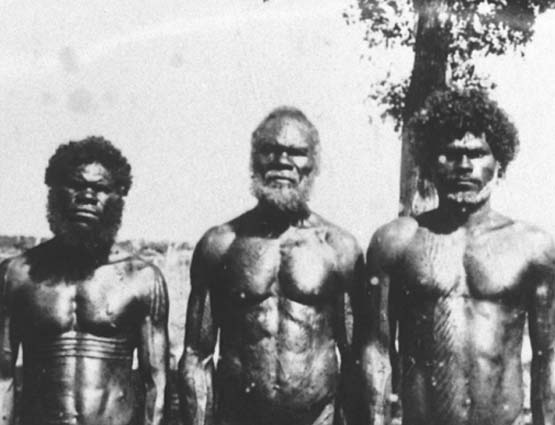
10 Feb Owning Local Search: 5 Steps for Strong Local Small Business SEO
In case you’ve spent the last decade living among Aborigines in the Outback or a pack of Arctic wolves in the polar tundra, you should get caught up on two trends. First, the internet has become incredibly cluttered with business websites. Second, more and more people are increasingly using mobile devices for search.
This has pressured Google and other search engines to focus on delivering better localized search results. Now, the public not only demands results highly relevant to what they want, but also to wherever they are when they look for it.
For small businesses that nail their local SEO, this means higher volumes of more targeted traffic that converts more often to sales.
Amidst all the confusing, conflicting information and conjecture out there about search engine optimization, here are 5 definitive, fundamental steps sure to improve your small business’ local search rankings:
Create Local Business Pages
Google My Business is the big thing in local search these days. Set up an up-to-date, optimized local business page here. Even if you’re in the habit of only thinking about Google when you think of search and SEO, don’t neglect the other two major search engines, Bing and Yahoo; set up local business pages with them here and here.
Keep Your NAP Consistent
No, that doesn’t mean slink down under your desk at the same time every day for some shuteye. Though naps do rock. Search engines get confused and may devalue your site if they encounter conflicting basic information about your business, including its name, address, and phone number (NAP).
Make sure everything’s current and correct on your site, social media profiles, local business pages, online directories, and anywhere else your info is listed. Remember to update everywhere if anything changes.
Reference Your City and State
Ideally, your city and state appears in your URL, title tags (which should only be 60-70 characters long), H1 tags, body content, and image alt tags, along with your main keywords. Forget the ridiculous lists of cities and towns intended to boost your local SEO, though. It’s a silly tactic that doesn’t work and that makes your site look spammy.
Create local content—your blog is a great place to do this—and otherwise reference your location naturally in site copy. If you want to target neighboring areas, create pages for those individual places, each with unique, relevant content.
Pursue Social Media Engagement and Customer Reviews
Search engines are increasingly looking to social signals when ranking local businesses. Most significantly, this includes the size and activity of your social media followings and the number of positive online reviews of your business.
Start with one or two social media sites and concentrate on using them actively to provide your followers with valuable content. Don’t set up a bunch of profiles and do little to nothing with them or just spammily promote yourself.
Put a button on your website that takes customers directly to Yelp or a similar site, making it easy for them to post a review. Encourage your customers to write reviews when you interact with them in person, in your newsletter, or on your social media pages. Don’t write fake reviews, hire someone to do so, or offer incentives for reviews, though.
Fill Your Website with High-Quality Unique Content
Pages with a few sentences or less are generally useless. Search engines and site visitors want informative content that tells them exactly what you do. Neither wants to see keyword-stuffed garbage or nothing more than pushy, empty, unsubstantiated sales verbiage.
Be descriptive, be useful, be relevant, and be compelling in your site copy. Create individual pages for individual products or services and invest in great copy for every one. Maintain a well-written, regularly updating blog that provides readers with value—not just promotional stuff—and include posts on topics of local interest in which you naturally reference your location.





